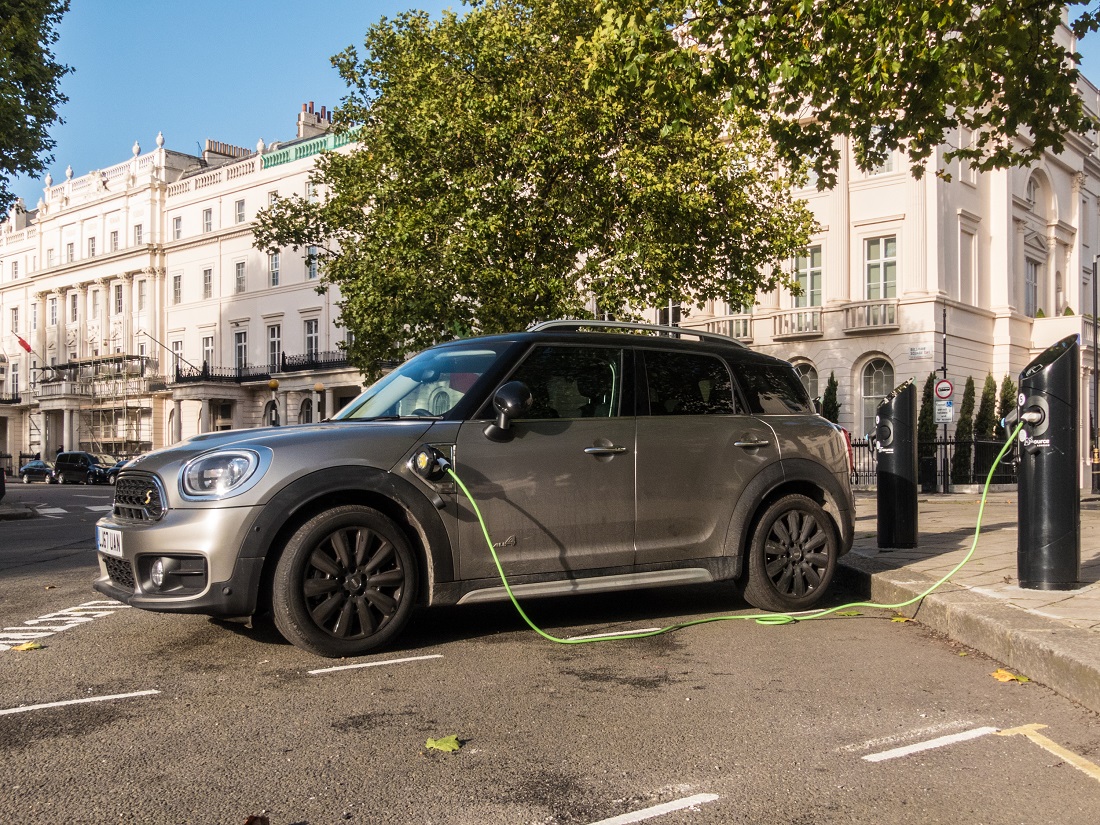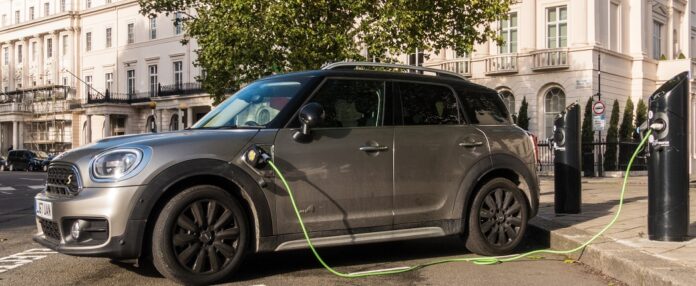Electric vehicles have been pegged as a potential disruptor for the lubricants industry – with some analysts forecasting that they could cause global demand for passenger car motor oils to fall near the middle of this century. Demand in the worlds largest car markets will begin falling considerably sooner, according to one consulting firm.
Kline and Co. forecast recently that passenger car motor oil demand in 15 nations, including the 12 largest car markets, will decrease at an average annual rate of 0.1 percent from 2017 through 2040 due to the impacts of EVs. Without those impacts, PCMO demand would rise an average of 0.9 percent per year over that period, the firm estimates.
In the near term, electric vehicles are expected to remain a niche market, with limited influence on PCMO or [heavy-duty motor oil] demand, Sharbel Luzuriaga, a project manager with Kline, said last month at the Lubricants and Base Oils Symposium organized in Zagreb by Goma, the Croatian Society of Fuels and Lubricants.
The forecast was based on a study of 15 countries – China, the United States, Germany, India, Japan, the United Kingdom, France, Brazil, Canada, South Korea, Russia, Mexico, Australia, South Africa and Saudi Arabia. The first 12 of those countries all ranked among the 15 nations with the greatest light-duty vehicle sales in 2018. Australia, South Africa and Saudi Arabia ranked 16th, 24th and 27th, respectively. Klines study omitted did not include Italy, Spain or Iran, which ranked 9th, 13th and 15th.
Many of the countries in Klines study are among the worlds largest EV markets, though EV sales remain scant in Brazil, Russia and Mexico. Globally battery-powered vehicles and plug-in hybrids account for just a sliver of total car sales, but their numbers are growing rapidly thanks to incentives offered by governments, which view their low levels of carbon dioxide emissions as important tools in the battle against global warming.
EVs are also gaining popularity because of the cost savings they offer from lower fuel consumption and growing environmental awareness. Luzuriaga noted that their continued growth still faces challenges such as underdeveloped charging infrastructure, driving range and high distribution and storage costs still exist.
Nevertheless, Kline believes it most likely that global EV sales will continue to increase. Because BEVs use no motor oil, the Parsippany, New Jersey, firm projects that PCMO demand in its study area will decrease at a compound annual rate of 0.1 percent through 2040. Were the growth of EVs to remain at the 2017 levels, PCMO demand in those countries would grow at a compound annual rate of 0.9 percent, according to Kline, a swing of 1 percent per year.
By comparison, other analysts have forecasted that global PCMO demand will continue to rise for the next couple decades because numbers of cars powered solely by internal combustion engines will continue to rise even as EVs take off. Those analysts agree with Kline that EVs will exert a drag on PCMO demand.
One factor in the decreased growth will be battery-powered EVs taking market share from hybrid and plug-in hybrid EVs over the next decade, said Luzuriaga.
Kline predicts that demand for heavy-duty motor oils will take a deeper plunge, though only partly because of electrification. It forecasts on-highway HDMO demand in the selected countries will decrease at a compound annual rate of 1.6 percent, from approximately 2.5 million metric tons in 2018 to under 2 million tons in 2040.
Most of that decline will be due to factors such as increasing oil drain intervals. Kline calculates HDMO demand in those countries would fall at only 1.3 percent annually if not for electrification of heavy-duty fleets. It projects EV penetration in on-highway commercial vehicles to hit over 25 percent in Canada and Germany, and just under 20 percent and 15 percent for China and the U.S., respectively. Currently, the highest penetration of any country is approximately 5 percent in Japan.
Kline believes the rise in EVs will have other effects on the market. Low-viscosity synthetic lubricants will rise in demand, and there will be opportunities for development of new products for EVs such as transmission fluids and specialty greases, as well as coolants. Meanwhile, original equipment manufacturers will reinforce their position in the automotive aftermarket, and PCMOs and HDMOs will still be key for commercial fleets running on mixed fuels.

Photo: Chrispictures/Shutterstock
